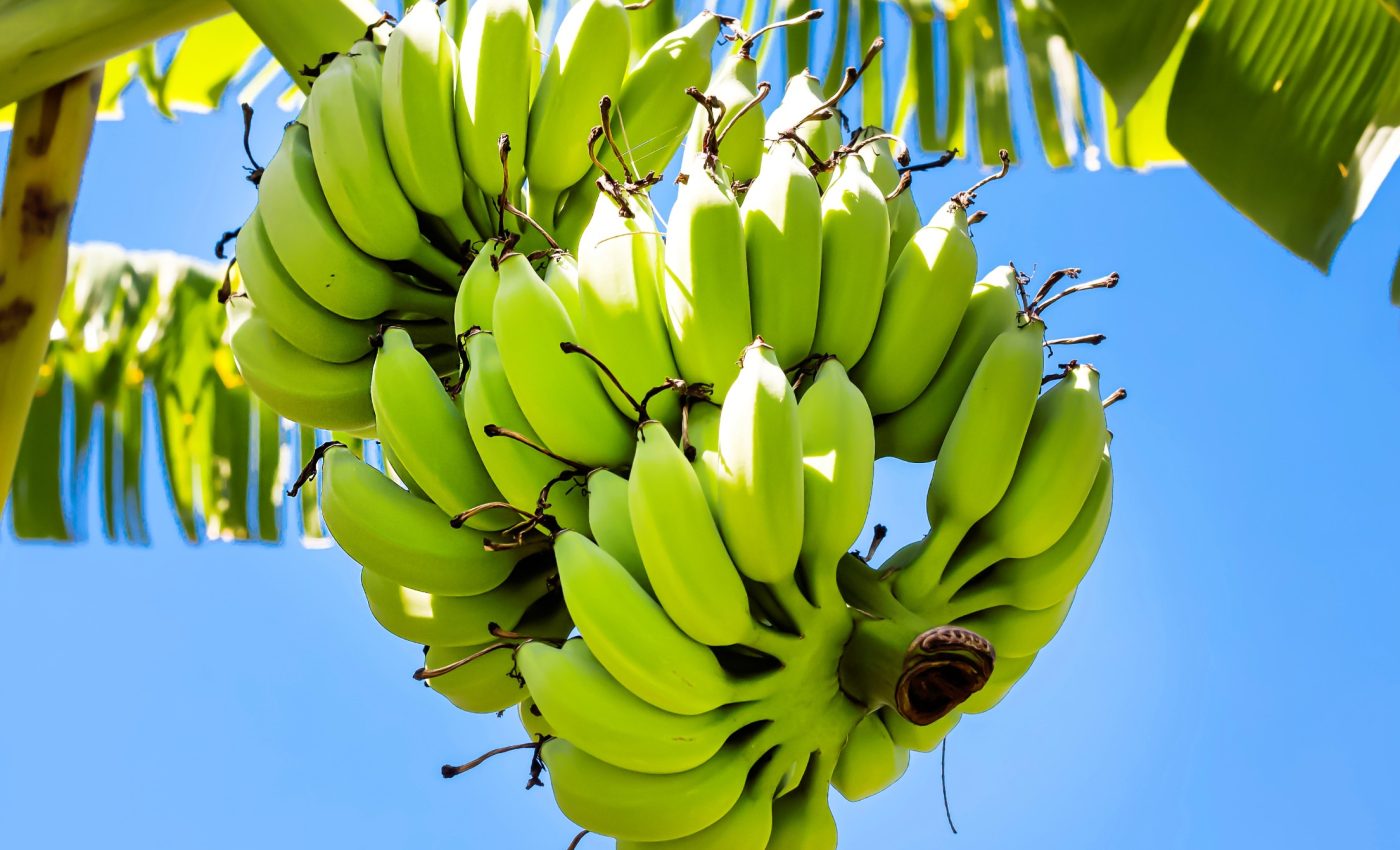
Disease-resistant banana may change the future of farming
In a revolutionary breakthrough for the banana industry, scientists have successfully engineered Yelloway One, a banana plant resistant to two of the most destructive diseases: fusarium tropical race 4 (TR4) and black sigatoka.
This monumental development comes at a time when these diseases have caused global losses worth hundreds of millions of dollars.
The new hybrid banana is the result of a collaboration between Chiquita, KeyGene, MusaRadix, and a group of dedicated scientists from Wageningen University & Research.
The prototype plant is the product of meticulously combined conventional breeding techniques, aided by modern DNA analysis technology.
Major breakthrough in banana cultivation
Gert Kema, a professor of phytopathology at Wageningen, views the development of Yelloway One as a major breakthrough in banana cultivation.
“We’ve known for some time that conventional breeding can help us develop plants resistant to these diseases,” said Professor Kema.
“Now we’ve proven it, and more importantly, we’ve demonstrated that by using the latest genetic tools, we can do it much faster than others. This is of great importance for the future of banana farming.”
Banana disease crisis
The recent advancements have come in the nick of time, as the global banana industry has been grappling with widespread damage caused by TR4 and black sigatoka.
Until the advent of Yelloway One, banana farmers had no resistant variety at their disposal, creating a crisis situation in the industry.
Yelloway One is a game-changer, exhibiting resistance to TR4, a fungus capable of wiping out entire banana plantations, and black sigatoka, a leaf disease that massively reduces yields.
These diseases have long posed major challenges to the banana industry, especially when it comes to the widely exported Cavendish banana.
Providing access to the technology
The development of this prototype doesn’t solely benefit one corporation or a select group of growers. Professor Kema emphasized the broader implications of this achievement.
“The fact that banana producer Chiquita is one of the partners doesn’t mean that other banana growers won’t have access to these new varieties,” said Kema.
“We are collaborating with several organizations to ensure that this technology is available to other programs as well. Moreover, we are using the technology to develop or improve varieties for local markets.”
Disease-resistant banana varieties
Yelloway One is the first of many hopeful steps towards achieving the larger goal of the Yelloway initiative.
The ambition is to consistently develop exceptional and resistant banana varieties that exhibit genetic diversity, enhancing both the resilience of banana cultivation and the sustainability of the industry.
Reducing the impact of banana diseases
“This development means a great deal to millions of smallholder farmers in Africa, Asia, and Latin America,” said Professor Kema.
“By introducing resistant and genetically diverse varieties, we can contribute to a more sustainable banana industry and reduce the impact of diseases.”
With Yelloway One currently undergoing growth in a greenhouse in the Netherlands, the future of banana cultivation seems promising.
Trials are set to be conducted in severely affected regions in the Philippines and Indonesia. Only time will tell if this prototype can offer a viable solution to farmers, but the outlook is optimistic.
A new era in banana farming
As promising as the greenhouse trials have been, the true test of Yelloway One’s potential lies in real-world field trials.
Set to begin in heavily affected regions, these trials will determine how well the resistant variety performs under actual growing conditions, where TR4 and black sigatoka have devastated banana crops.
The success of the trials could mark the start of a new era in banana farming, offering smallholder farmers across Africa, Asia, and Latin America a sustainable solution to combat these devastating diseases.
Additionally, the broader adoption of disease-resistant varieties could reduce the need for chemical fungicides, making banana production more eco-friendly.
With each step forward, the Yelloway initiative aims not only to protect banana cultivation but to ensure the future viability of a staple crop that feeds millions worldwide.
—–
Like what you read? Subscribe to our newsletter for engaging articles, exclusive content, and the latest updates.
Check us out on EarthSnap, a free app brought to you by Eric Ralls and Earth.com.
—–













